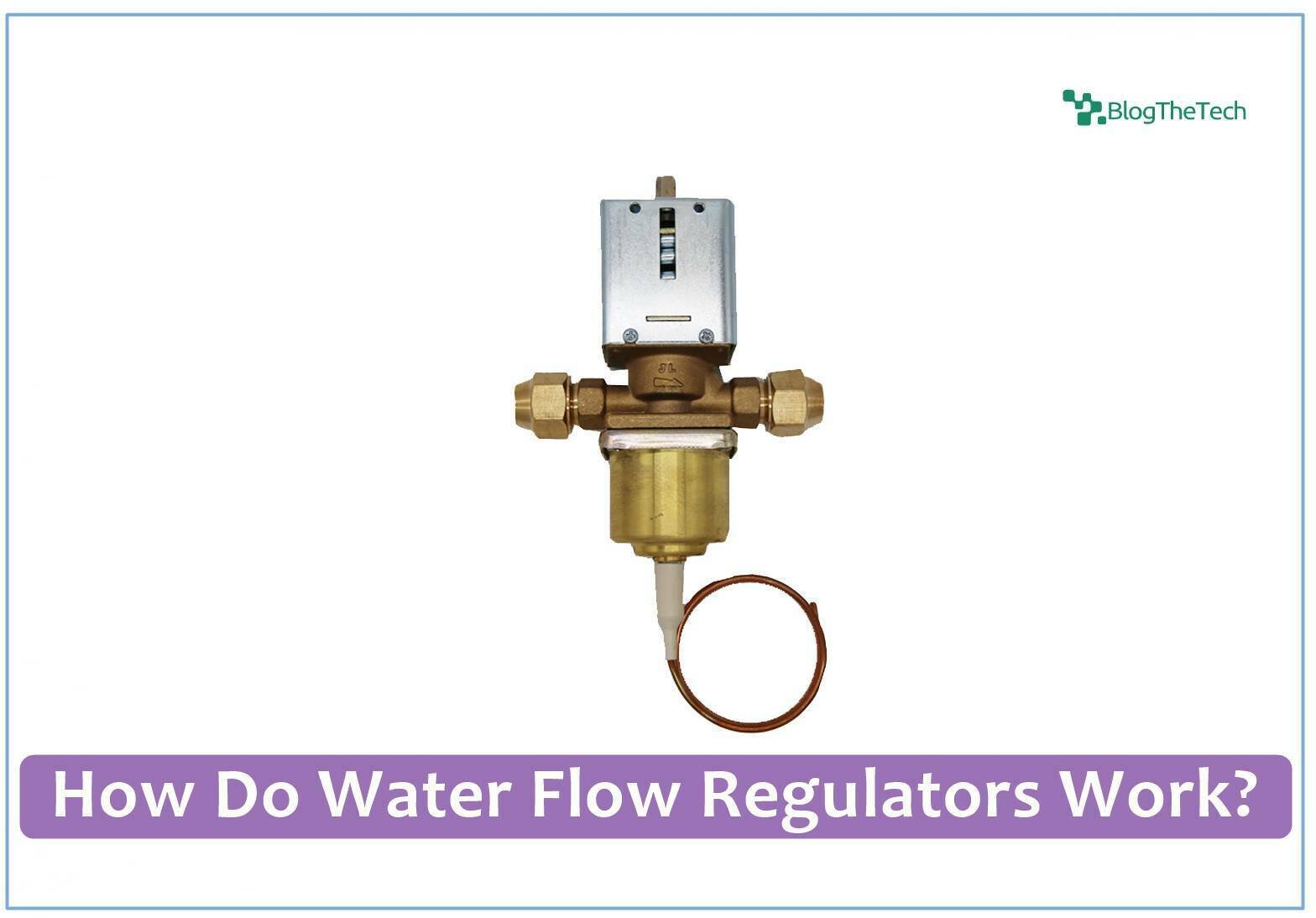There are many types of electronic flow control valve that you can choose from according to your requirements. Every kind of electronic water regular has a unique principle of operation, specific application benefits, and overall cost-of-ownership.
This article will discuss its types, importance, and work.
What is a Water Flow Regulator?
A device that is commonly used to maintain the specific flow rate of water. It doesn’t matter how the water pressure varies throughout the supply line. If the water passes from the line at high pressure, the regulator will close enough to ensure that water continues at a stable speed.
Also Read: Top 25 HVAC Contractor Websites for 2021
The electronic airflow control valve is used for different applications that extend from the sprinklers system to tankless water heaters.
How Do Water Flow Regulators Work?

The electronic flow control valve can range from simple to complex in its design. These regulators are specially designed to ensure that the water in high-pressure flows is lowered when it passes via the valves. The valve attached to the regulator matches the rate you want for the water flow.
The regulator looks like a piece of equipment, usually containing o-rings, springs, a throttling stem, cup, and a diagram that works together to keep the water pressure stable at the appropriate levels. The electronic water flow valve is used in homes and also in industrial, municipal, and environmental applications.
Things to Remember to Choose the Right Electronic Control Valve
The first thing you need to remember is to figure out the information about the water flow rate that should be continuous or totalized. Now, the question arises whether the transmission of water flow controllers should be analog, digital, or shared. What is the required data update frequency if it is a shared transmission?
Once you answer these questions, you should focus on the evaluation properties, fluid process characteristics, and piping characteristics. This way, you will choose the appropriate electronic flow control valve for domestic or commercial use.
Benefits of Using the Digital Water Flow Regulator
- The digital water flow regulator will automatically turn off the solenoid valve when the flow reaches the setting valve you need.
- It will also help you to monitor the flow rate and display the real-time volume of the liquid that passes per minute.
- The best thing about the digital electronic flow control valve is that it works great with different flow sensors to adjust the K value.
- It can also be used to calculate the volume of water.
- The LCD shows the total flow volume, water flow rate, and temperature sense.
- On the display screen, the custom icons indicate the status of the electronic flow regulator at a glance.
Conclusion
This article describes the details, working, and how to choose the best electronic flow valve depending on your requirements. It is usually used in homes to control the water pressure, but with the changing trend and needs, it is also used in different industries to make a stable water pressure.





